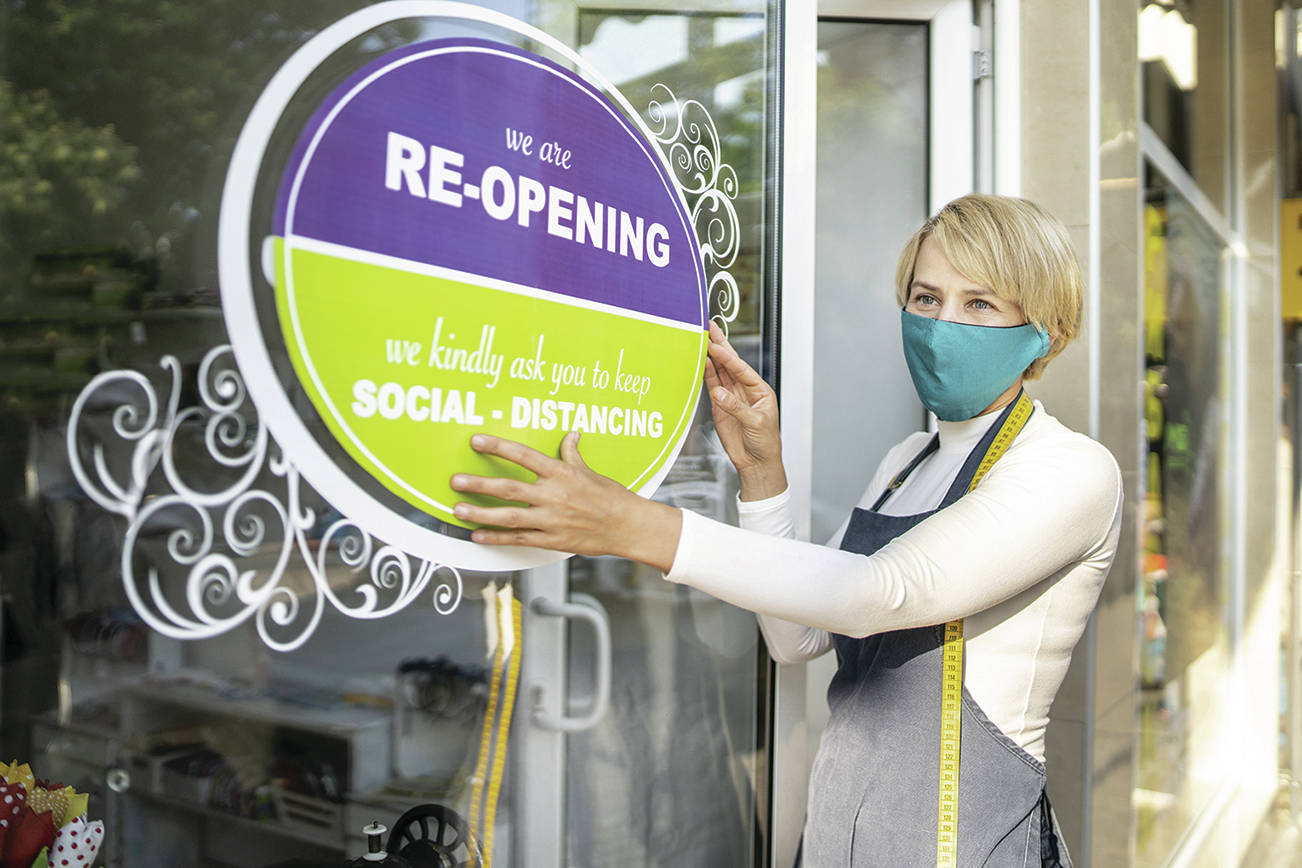By Sydney Brown
WNPA News Service
Dozens of business owners — from restaurant owners to bowling alley managers — told state officials that continued COVID-19 restrictions place small businesses at risk of permanent closure, but state healthcare officials said a rush to reopen businesses puts the public at risk during a pandemic that has yet to be controlled.
In all, more than 1,500 Washington residents convened online on Jan. 20 to debate a bill before the Legislature that would ease government limits on indoor dining and entertainment.
Sponsored by both Democrat and Republican senators, Senate Bill 5114 and its companion House Bill 1321 would essentially skip the first phase of Gov. Jay Inslee’s “Healthy Washington—Roadmap to Recovery” plan, allowing for 25% indoor capacity at restaurants and gyms, and indoor entertainment like theaters and bowling alleys.
Dannielle Knutson, a majority partner at Budd Bay Cafe, Oyster House and River’s Edge in Olympia, told the Senate State Government & Elections Committee that after her husband died of cancer, she was left to weather the personal and financial burden of staying closed. It has cost her $120,000 a month since the beginning of the pandemic, she said.
“It’s left me fighting for our restaurants … every day that we are not open, we are continuing to pile on more debt in our businesses as well as my personal life,” Knutson said.
State officials acknowledge the severe impact on businesses and promised more help for those shuttered by COVID-19 restrictions, but health officials say pushing for a quick reopening will only feed the growing pandemic.
Lacy Fehrenbach, deputy secretary of health for COVID-19 response at the Washington State Department of Health, said the regional, phased approach to reopening is based on evaluating COVID-19 case trends in terms of healthcare capacity. Following the winter holidays, hospitals statewide saw an increase in COVID-19 cases, she said.
Kat Wood, a frontline healthcare worker at the St. Joseph Medical Center in Tacoma, said she saw an “alarming rise” in cases after the holidays at her hospital, which is now at 94 percent capacity. Under current guidelines, regions cannot move into phase 2 until intensive care unit capacity is below 90 percent for more than two weeks.
“With cases rising and hospitalizations rising, we do not believe the state is ready to move forward,” Fehrenbach said. “The bill goes too fast without any health data to support such a movement.”
One of the bill’s 16 sponsors, Sen. John Braun, R-Centralia, said the bill did in fact support science and data, though no one presented evidence during the hearing to contradict the department of health’s numbers.
“Thousands of restaurants and other small family businesses statewide have been lost for good – decimated by rules that are not supported by data and science and are enforced by state employees who have not had to skip a single paycheck,” Braun said in a statement after the hearing.



